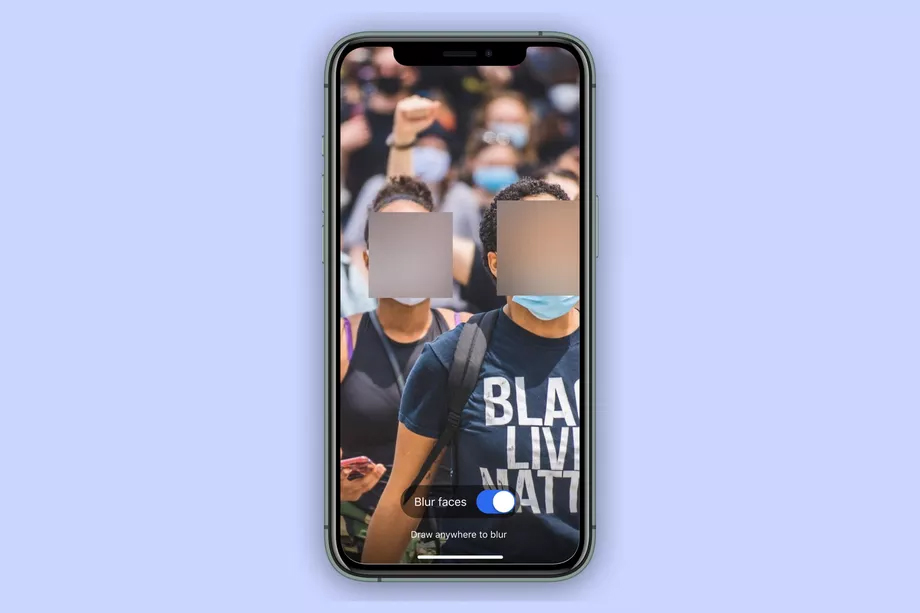Just stop using FB's WhatsApp, if you care about privacy Signal announces new face-blurring tool for Android and iOS Encrypted messaging app Signal has announced a new face-blurring tool that will be incorporated into the latest Android and iOS versions of the software. Users sharing pictures through the app will be able to quickly blur faces, adding another layer of privacy to pictures, though not necessarily hiding the subject’s identity completely. In a blog post announcing the update, Signal co-founder Moxie Marlinspike linked the update to the worldwide protests against racism and police violence sparked by the killing of George Floyd by law enforcement. These protests have led to record downloads for Signal, which uses end-to-end encryption to make messages harder to intercept. “We’ve also been working to figure out additional ways we can support everyone in the street right now,” writes Marlinspike. “One immediate thing seems clear: 2020 is a pretty good year to cover your face.” When you take a picture through Signal and select the Blur option in the toolbar, the app will automatically detect any faces it spots in your image. If it misses any, users can simply blur out faces by hand, or blur any other features they want to hide. All processing is done on-device, meaning uncensored images never leave the user’s phone. Although blurring faces in photographs certainly makes pictures more private, it’s by no means a foolproof way of anonymizing images and hiding someone’s identity. Some blurring and pixellation methods can be reversed with the right tools, for example. And anyone seeking to identify someone in a picture can work from other information, such as clothing and tattoos, which can be compared with other, un-blurred images. Even if attendees at a protest, for example, hide the identity of fellow protestors, that doesn’t mean other groups and individuals will do the same. Surveillance cameras, police body cameras, and press photographers are all capturing images. Ultimately, the best way to obscure your identity is to take matters into your own hands and wear a mask.




